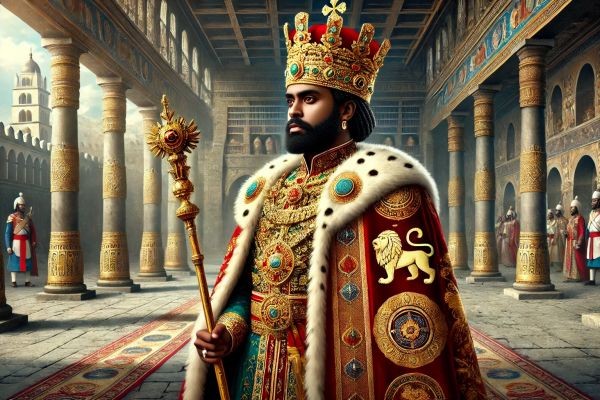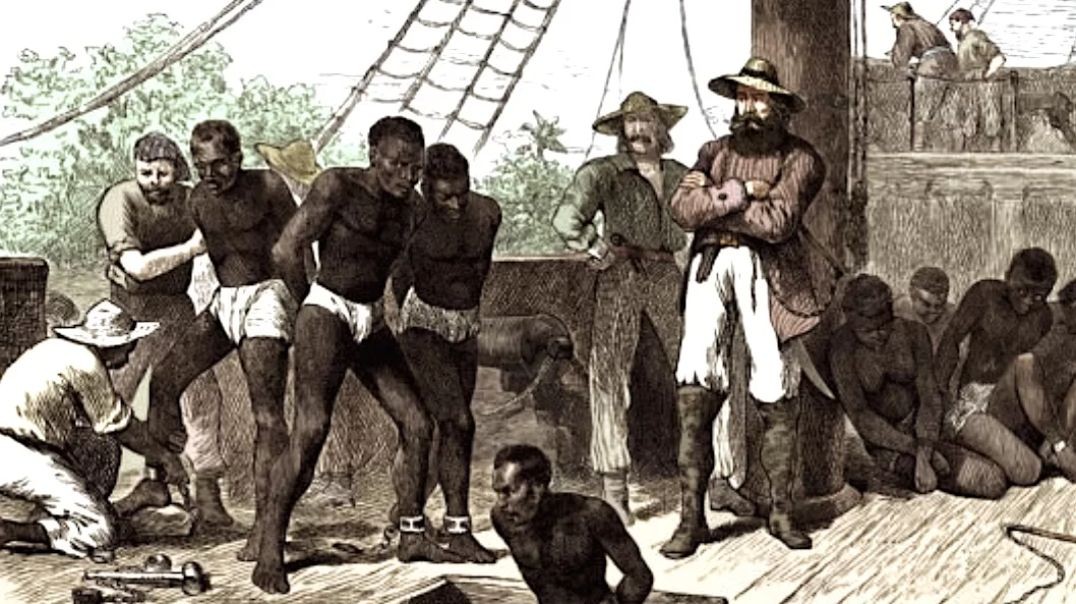Emperor Eskender of Ethiopia is a fascinating figure, representing a period of Ethiopia’s rich medieval history marked by religious transformation, political alliances, and significant regional influence. Eskender’s reign in the late 15th century has left a legacy that intersects with Ethiopia’s deep-rooted Christian traditions, alliances with neighboring Muslim states, and the challenges of maintaining unity in a vast empire.
In this article, I will cover his early life, accession to the throne, political and military challenges, religious reforms, international relations, and the cultural impact of his rule. Additionally, we will explore frequently asked questions, including the sources of his influence, his role in Ethiopian Christianity, and the legacy he left behind in Ethiopian history.
Table of Contents
- Early Life and Background
- Ascension to the Throne
- Political Landscape of Medieval Ethiopia
- Military Campaigns and Strategies
- Religious Influence and Reforms
- Relations with Neighboring Muslim States
- Cultural Contributions
- Challenges and the Decline of Eskender’s Rule
- Legacy and Historical Interpretations
- Frequently Asked Questions
1. Early Life and Background
Eskender was born into the Solomonic dynasty, which claimed descent from the biblical King Solomon and the Queen of Sheba. His early life was marked by intensive religious education and a keen awareness of Ethiopia’s storied Christian heritage. During this period, Ethiopia was a kingdom deeply rooted in Orthodox Christianity, and Eskender's upbringing was shaped by the church's teachings and cultural heritage.
2. Ascension to the Throne
Upon his father’s death, Eskender ascended to the throne as a young ruler. His coronation was marked by significant religious and traditional ceremonies that underscored the dynasty's claim of divine legitimacy. His early years as Emperor were challenging, given his age and the surrounding political landscape that demanded both wisdom and decisiveness.
3. Political Landscape of Medieval Ethiopia
The Ethiopian Empire during Eskender’s reign was expansive, encompassing various regions and peoples. The empire faced both internal pressures from powerful provincial leaders and external threats from neighboring kingdoms. Eskender needed to employ a blend of diplomacy and military power to maintain unity and stability across the empire.
4. Military Campaigns and Strategies
Emperor Eskender undertook several military campaigns aimed at consolidating Ethiopian power. His military strategies reflected a keen understanding of the diverse Ethiopian terrain and the challenges posed by rival states. Eskender's campaigns were often driven by the need to protect Christian territories from Muslim encroachment, as well as to expand the influence of his empire.
5. Religious Influence and Reforms
Eskender's reign is particularly noted for its religious significance. The Ethiopian Orthodox Church played a central role in the governance of the empire, and Eskender supported numerous religious projects, including church constructions and manuscript preservation. His era saw a flowering of Ethiopian Christianity, with an emphasis on Orthodox teachings and the preservation of Ethiopia’s ancient Christian traditions.
6. Relations with Neighboring Muslim States
While Ethiopia was a predominantly Christian empire, it was surrounded by Muslim states and kingdoms. Eskender engaged in complex diplomatic relationships with neighboring Muslim rulers, balancing between peace treaties and occasional conflicts. His rule is notable for maintaining a relatively stable coexistence with Muslim neighbors while ensuring the security of Ethiopian borders.
7. Cultural Contributions
Eskender's reign contributed significantly to the cultural development of Ethiopia. His patronage of the arts, literature, and religious manuscripts fostered a rich cultural heritage that continues to influence Ethiopian art and literature. The creation and preservation of illuminated manuscripts during his rule marked a golden age of Ethiopian art and religious scholarship.
8. Challenges and the Decline of Eskender’s Rule
Despite his accomplishments, Eskender’s reign was not without its difficulties. He faced challenges from rebellious lords and the need to constantly defend his empire from external threats. The latter years of his rule saw increased pressures that began to destabilize the empire, culminating in his eventual downfall.
9. Legacy and Historical Interpretations
Historians regard Eskender as a significant ruler in Ethiopian history. His contributions to the Ethiopian Orthodox Church, his diplomatic skills, and his efforts to unify the empire are all points of scholarly interest. His legacy is preserved in Ethiopian religious texts, historical records, and the collective memory of Ethiopia’s Solomonic dynasty.
10. Frequently Asked Questions
Q: What was Emperor Eskender’s role in Ethiopian Christianity? A: Eskender supported the Ethiopian Orthodox Church, promoting religious education, church building, and manuscript preservation. His reign strengthened Christian teachings and institutions, reinforcing Ethiopia's identity as a Christian kingdom.
Q: How did Eskender manage relations with Muslim neighbors? A: Eskender maintained a balance between diplomatic alliances and defensive campaigns to secure Ethiopia's borders. His approach ensured a relatively stable coexistence while safeguarding Ethiopian Christian territories.
Q: What is the significance of Eskender’s cultural contributions? A: Eskender's patronage of the arts, literature, and religious manuscripts played a critical role in shaping Ethiopian cultural identity. His reign saw a golden age of Ethiopian illuminated manuscripts, which are invaluable for understanding Ethiopia’s medieval history.
Q: How did Eskender’s rule impact the Solomonic dynasty? A: Eskender reinforced the Solomonic dynasty's claim to divine authority and lineage, supporting its religious and cultural legitimacy. His rule is often viewed as a time when the dynasty's power and influence were consolidated in the region.








